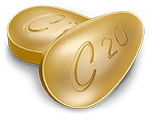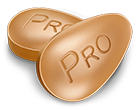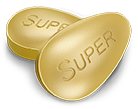Effects of Tadalafil
Tadalafil works by inhibiting the enzyme phosphodiesterase type 5 (PDE5), which is responsible for the degradation of cyclic guanosine monophosphate (cGMP) in the corpus cavernosum of the penis. By inhibiting PDE5, tadalafil increases the levels of cGMP, leading to smooth muscle relaxation and vasodilation, ultimately promoting blood flow to the penis and facilitating erections.
Use of Tadalafil
Tadalafil is typically taken orally, as needed, before sexual activity. It can also be taken once daily at lower doses for the treatment of BPH or both erectile dysfunction and BPH. It is important to note that sexual stimulation is necessary for tadalafil 5 mg to be effective.
Tadalafil Dosage
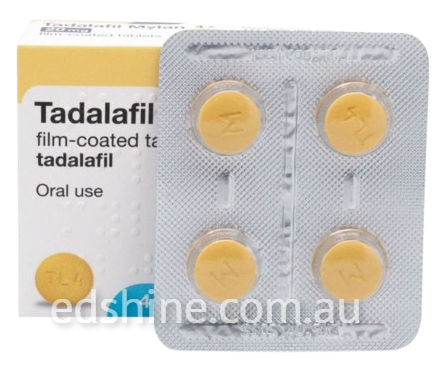
The recommended starting dose of tadalafil for most men with ED is 10 mg, taken as needed before sexual activity. The dosage may be adjusted based on individual response and tolerability, with a maximum recommended dose of 20 mg per day. For the treatment of BPH, the recommended dose is 5 mg once daily. It is advisable not to take tadafil more than once a day. This is the way how to get maximum effect from cialis.
Tadalafil Precautions
Before taking tadalafil, it is essential to consult with a healthcare professional, especially if you have underlying medical conditions such as cardiovascular disease, liver or kidney impairment, or a history of priapism (prolonged erection). Keep in mind that tadalifil should not be used concurrently with nitrates or nitric oxide donors, as this combination can lead to a sudden and severe drop in blood pressure.
Tadalafil Contraindications
Tadalafil is contraindicated in individuals with a known hypersensitivity to the drug or any of its components. It should not be used in patients who are taking nitrates or nitric oxide donors, as well as those with severe cardiovascular disease, hypotension, or recent stroke or heart attack.
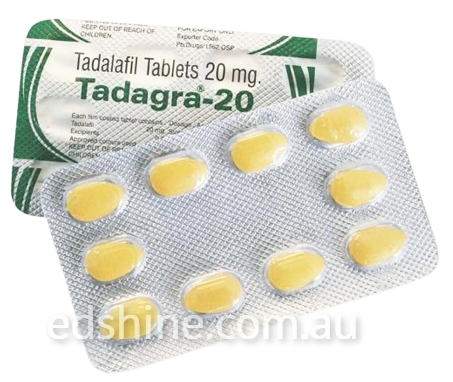
Tadalafil Side Effects:
Common side effects of tadalafil include headache, flushing, dyspepsia, nasal congestion, and back pain. These tadalfil side effects are usually mild to moderate in severity and transient in nature. However, more serious tadalafil side effects long-term such as priapism, sudden hearing loss, and vision changes requiring immediate medical attention are rare but possible.
Tadalafil Interactions:
Tadalafil may interact with certain medications, including nitrates, alpha-blockers, antihypertensives, and protease inhibitors. It is important to inform your healthcare provider about all the medications you are currently taking to avoid potential taladfil interactions.
Tadalafil Overdose
In case of tadalafil overdose, seek immediate medical attention. Symptoms of overdose may include severe hypotension, priapism, and visual disturbances.
Tadalafil Storage
Tadalafil should be stored at room temperature, away from moisture and heat. Keep the medication out of reach of children and pets.
Tadalafil Toxicity and Dependence
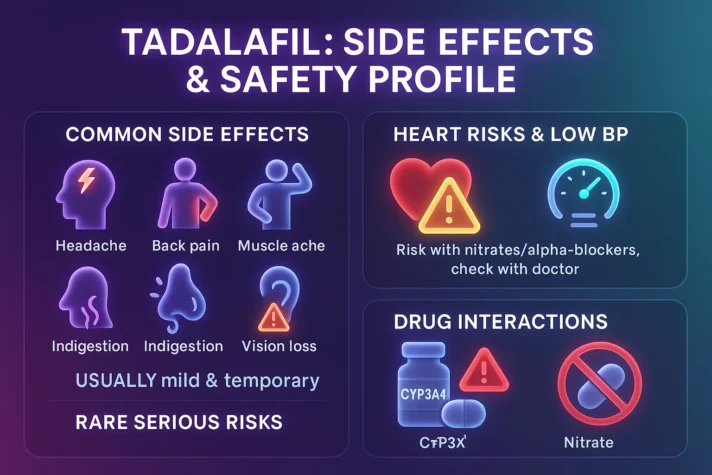
Tadalafil is generally well-tolerated when used as directed. There is no evidence to suggest that taladafil causes toxicity or dependence when used for the treatment of erectile dysfunction or benign prostatic hyperplasia.
Tadalafil is an effective and well-tolerated medication for the treatment of erectile dysfunction and benign prostatic hyperplasia – under condition that it is used responsibly and under the guidance of a doctor to maximize its benefits and minimize the risk of tafalafil adverse effects.
